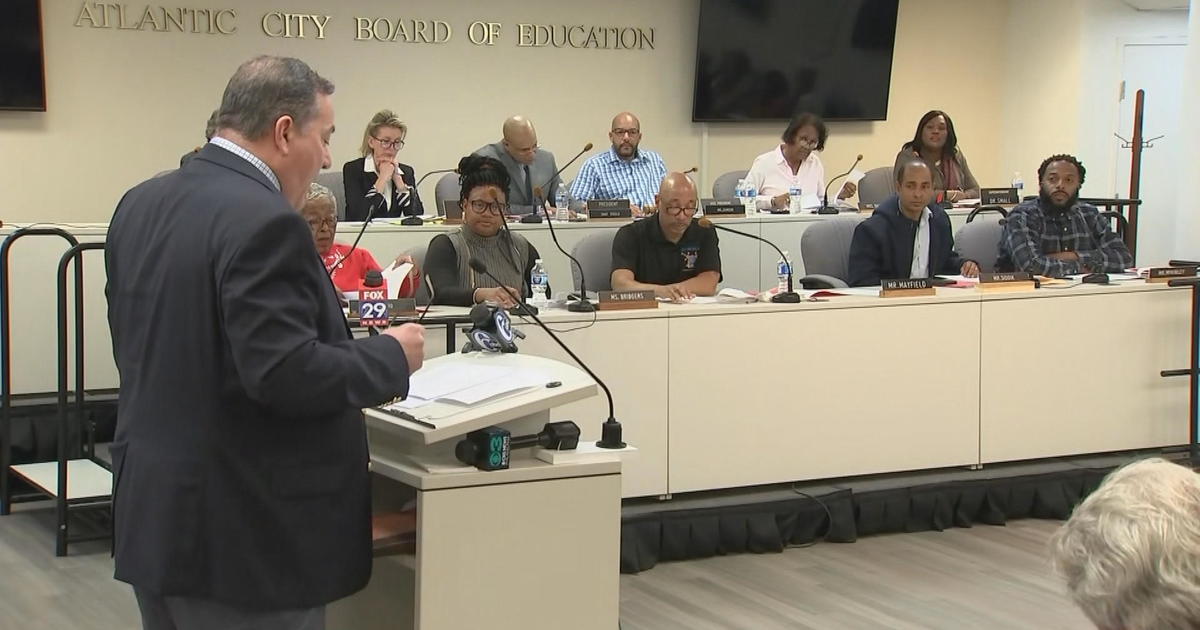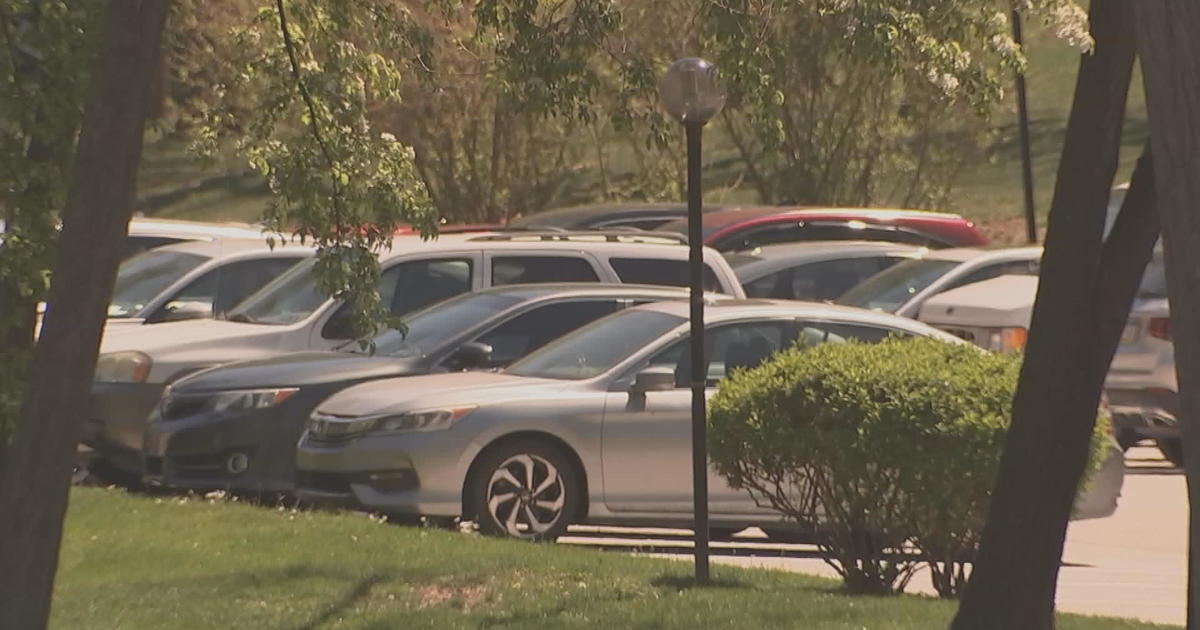Residents Push To Build Boardwalk Atop Of Margate 'Dead Zone' Between Dunes And Oceanfront Homes
MARGATE, N.J. (AP) — Perhaps nowhere in New Jersey was the resistance to a protective sand dune project after Superstorm Sandy more fierce than it was in this well-to-do beach town just south of Atlantic City.
Insisting its wooden bulkheads provided better protection without blocking ocean views, Margate launched a series of court battles against the U.S. Army Corps of Engineers' project. It was part of a nearly unbroken wall of sand envisioned by then-Gov. Chris Christie to protect New Jersey's 127-mile coastline after the devastation wrought by Sandy in 2012.
The town and many of its residents warned that large ponds of water would collect between the dunes and the bulkheads — and that's precisely what happened almost as soon as the work was finished, forcing some residents to slog through waist-high water while clutching children and beach gear.
Now a push is underway to have Margate build a boardwalk atop what residents call "the dead zone" between the dunes and the oceanfront homes. Led by four local residents, the campaign aims to build support for a boardwalk proponents say would undo some of the harm caused by the dunes, which were finished in 2017.
"The question is, do we have to live with this injury, or is there something we can do to heal the damage?" the group asked in a recently released report.
Its answer is a 1.5-mile boardwalk connecting Margate with Ventnor to the north and Longport to the south. The $24 million project would cost the average taxpayer between $110 and $190 a year in additional taxes, according to the group, which calls itself the Margate Boardwalk Committee. The median home price is nearly a half-million dollars, but those near the beach go for considerably more.
Some city officials, however, fear the actual cost of the boardwalk could be twice the group's estimate.
Proponents say a boardwalk's benefits would include restoring easier beach access for elderly people and families with young children, who currently must walk up and over walkways across the dunes, consisting of soft sand that is difficult to pull or push beach carts through. It would restore views of the ocean and allow walkers to better feel sea breezes, proponents say.
"After the project was built, we said, 'This isn't acceptable,'" said Glenn Klotz, one of the boardwalk committee leaders. "This can be better. We have all the downsides of that project and none of the upsides."
Klotz said the group is collecting petition signatures hoping to perusade the city commission to hold an election on whether to build a boardwalk. He also said speculation that its actual cost could be far more than the group's estimate is "a scare tactic."
Don Krachman, who lives a block from the beach, wants a boardwalk.
"Since the Dunegate debacle, access to the beach has been terrible," he said. "For a lot of people who live and visit here, getting across those dunes is really hard. Access would be much better with a boardwalk. You walk up a ramp, onto a nice flat boardwalk, down a ramp, and you're on the beach."
Not everyone agrees. Art Cautilli, who has lived here for 20 years, proposes building pavilions every few blocks with a ramp from the street, over the dunes, and down onto the beach.
"To spend that kind of money on a boardwalk seems like kind of a waste," he said. "You'd be building something that's a white elephant."
Some visitors have their doubts, as well.
"I've seen years and years of storms up and down the coasts, and the consequences of having dunes is tremendous if they work as advertised," said Susan Krouse of Williamstown, New Jersey. "They should be glad they have dunes."
Mayor Michael Becker, who strongly opposed the dune project, is taking a wait-and-see position on a boardwalk.
"They haven't turned in anything to the city for us to look at," he said. "A lot of it depends on the specifications and the cost. I'm waiting to be convinced."
Margate had a boardwalk in the early 1900s; it was destroyed by a hurricane in 1944.
"Le the people decide this thing," Klotz said. "We're not pollsters, we're not politicians. We're just average people who think this is a good idea, and who are willing to risk losing."
(©Copyright 2019 by The Associated Press. All Rights Reserved.)



